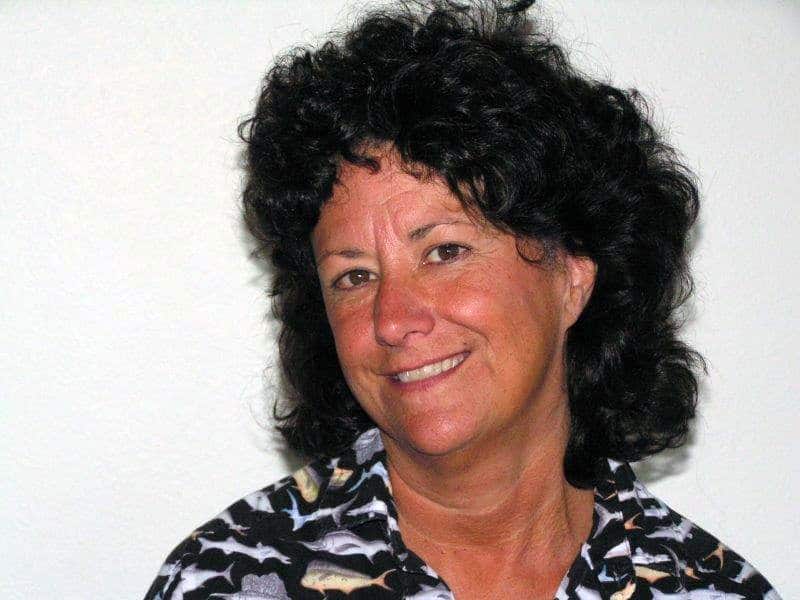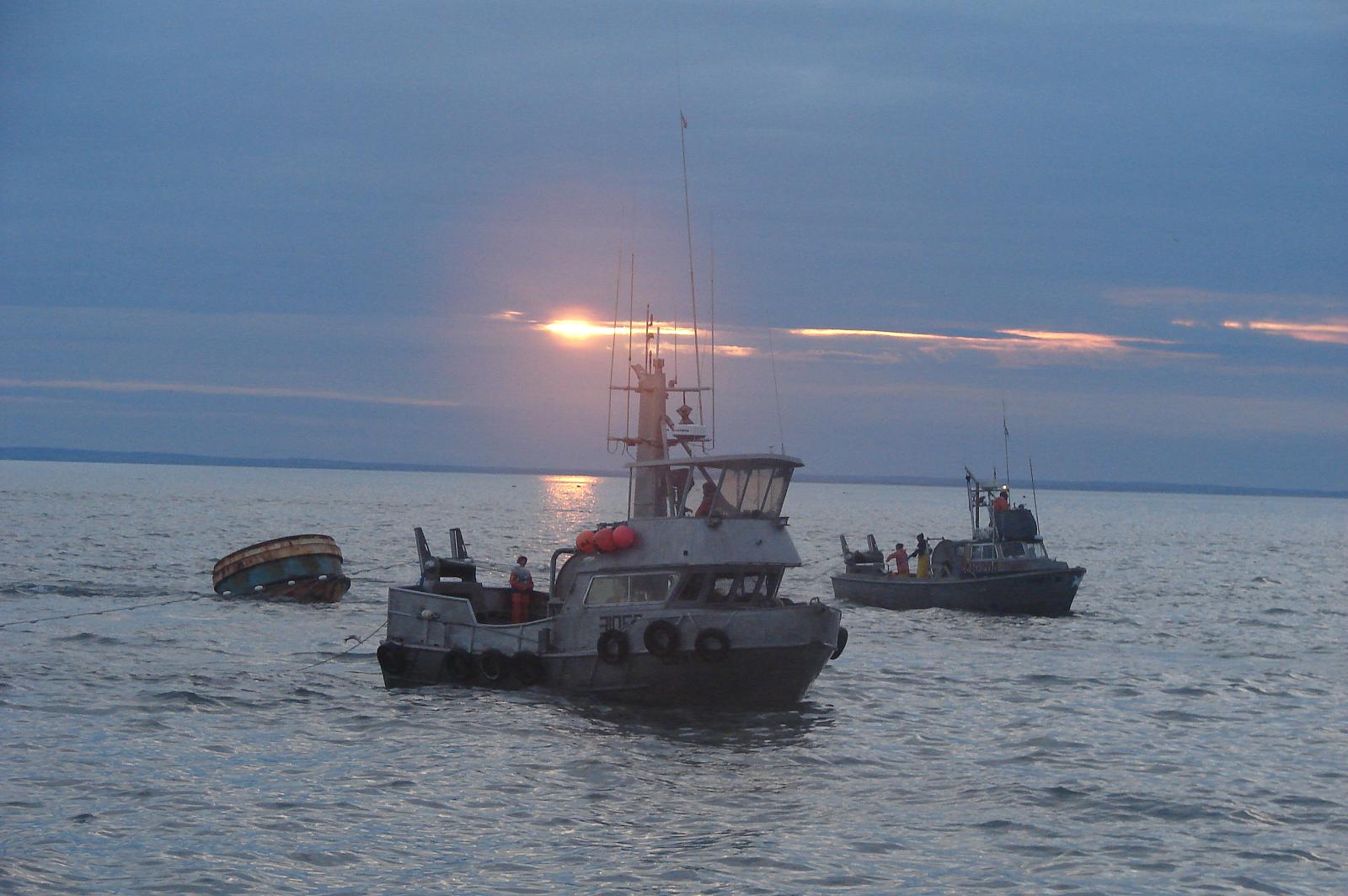Alaska Gov. Mike Dunleavy’s selections to the state Board of Fisheries will get a legislative hearing in early fall, and the call is out for public comments.
The board oversees management of the state’s subsistence, commercial, sport and personal use fisheries. Appointments were made on April 1 and would normally go through a rigorous vetting process by the Alaska Legislature with public input. But covid-19 sent lawmakers home early from the last session, leaving the confirmation process in limbo.
Now, Rep. Louise Stutes (R-Kodiak) has set the date for a hearing.
“I tried to push it out as far as I thought I safely could because I know there’s a lot of guys out fishing. But I just didn’t dare push it any further than Thursday, September 3 at 10 a.m. at the Anchorage Legislative Information Office,” she said in a phone interview.
Stutes, who chairs the House Fisheries Committee, added: “I think it is appropriate to vet these appointees prior to the board meetings. I find it disturbing, and I question how appointees can be a viable, countable vote when they have not been confirmed by the Legislature, and that’s the situation now.”
Controversy has swirled over Dunleavy’s selection of Abe Williams of Anchorage, director of regional affairs for the Pebble Mine, proposed to be built at the headwaters of the world’s largest sockeye salmon fishery at Bristol Bay.
Williams, who would replace Fritz Johnson of Dillingham, is originally from King Salmon and is a Bristol Bay fisherman. He was one of six who in 2019 sued the fishermen-funded Bristol Bay Regional Seafood Development Association for using part of the 1 percent tax paid by its 1,650 members to oppose the mine. The lawsuit, funded by Pebble, was dismissed by an Anchorage judge.
Williams told KTUU in April: "My job finds me in communities like Iliamna and other communities talking about the project itself and kind of what it means for the region. Does that preclude me from being appointed or sitting on the Board of Fisheries? I don't think so. I think it just brings in a level of diversity in my background that really helps me be better positioned to sit in a coveted spot like this, if you will."
Current board member Märit Carlson-Van Dort also was a former Pebble Partnership director as recently as 2018.
Dunleavy also appointed self-claimed fishing/hunting guide McKenzie Mitchell of Fairbanks to replace Reed Moriskey, also of Fairbanks. Mitchell is listed as adjunct faculty in “sport and recreation business” at the University of Alaska Fairbanks School of Management.
Mitchell “has fished with several remote lodges over the years and was looking to upgrade her captain's license so joined our team,” according to the website of Kodiak’s Wilderness Beach Lodge. It adds: “She goes to school in Fairbanks in the fall/winter, where her and her boyfriend reside and enjoy flying their small planes into remote hunting/camping sites.”
Attempts to reach Mitchell or to get a resume or any information on her qualifications from the governor’s office and Alaska Department of Fish and Game were unsuccessful.
“As far as these two appointments go, the Dunleavy administration is once again either out of touch with commercial fishermen at best, or out to get us at worst,” said Lindsey Bloom, a fisherman and a campaign strategist for SalmonState. “I fished around Abe in Bristol Bay and certainly respect his skills and knowledge as a commercial fisherman. That said, his employment with Pebble makes it impossible for him to properly represent the overwhelming majority of Bristol Bay fishermen who oppose the Pebble project because of its detriment to the Bristol Bay brand and fishery. Abe's appointment is a colossal conflict of interest. As far as McKenzie Mitchell goes, I can't find her resume, background or opinions anywhere online and have no idea if she can bring the listening and discernment skills that a seat on Alaska's Board of Fisheries requires, where decisions are made that impact the livelihoods and wellbeing of Alaskans for years to come.”
If the governor has his way, all fish board members but one will reside inland.
“There are seven Board of Fish members, and John Jensen of Petersburg will be the only coastal representation,” said Stutes. “I understand that interior fisheries are important, but so are coastal fisheries. There should be a fair distribution of the resource representation, and there isn’t. It’s just wrong.”
If the Legislature gets called back to Juneau to deal with budget and covid relief issues and it interferes with the Sept. 3, date Stutes said she will call a hearing there.
“Bottom line is there will be a hearing prior to the first Board of Fish meeting in October. I believe it’s critical to give people an opportunity to weigh in,” she said.
After the hearing, the appointee names will be forwarded to the House Resources Committee and then to the full Legislature for confirmation (or not). An emergency measure resulting from the pandemic was implemented (HB309) which temporarily extended the time for the Legislature to meet jointly to take up the governor’s appointments prior to the next legislative session in January. If that does not occur, Stutes said the nominees will simply “go away.”
Meanwhile, they will be seated as voting members during the meetings starting in October that focus on Prince William Sound, Upper Copper and Susitna rivers, and Southeast and Yakutat regions.
“They are just like a regular board member, and that to me is problematic. I believe they should be confirmed by the Legislature. It’s a goofed up system,” Stutes said.
Public comments on the Board of Fisheries appointees can be emailed to Stutes’ legislative office at [email protected].
“They can start today,” Stutes said.







